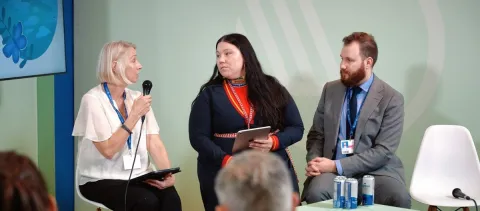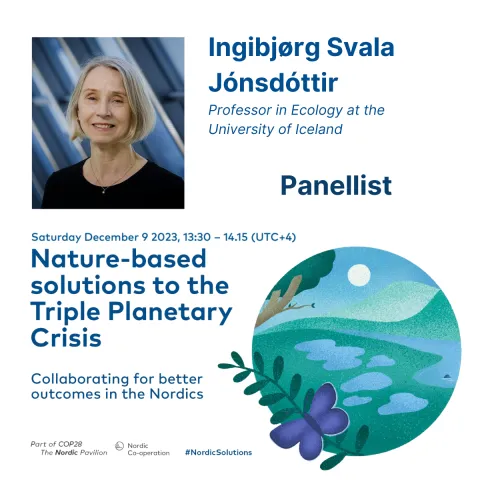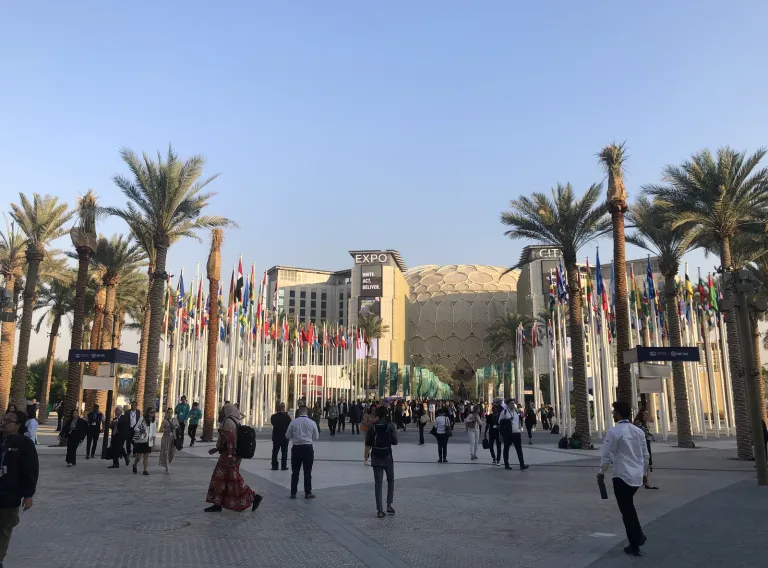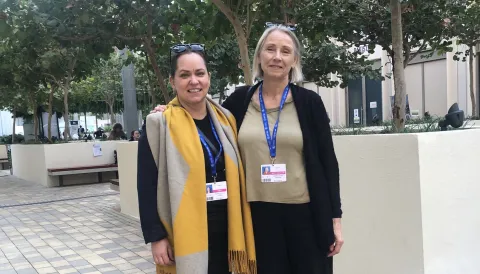
Ingibjörg Svala Jónsdóttir, professor of ecology, recently attended the COP28 Climate Conference in Dubai, United Arab Emirates, representing the University of Iceland. She views it as a step in the right direction that provisions discouraging reliance on fossil fuels were included in the final agreement of the conference. Furthermore, she points out the increasing emphasis on nature conservation, sustainable resource utilization, and the restoration of ecosystems to reduce greenhouse gas emissions and promote biodiversity worldwide.
Ingibjörg Svala has spent decades researching the effects of climate change on ecosystems and biodiversity in the Arctic, where global warming is considerably faster than in other parts of the world. "I also teach ecology, where the impacts of climate change and the loss of biodiversity are extensively covered. Moreover, I was a member of the Icelandic Climate Council representing the university community until the council's term ended this autumn. All these factors motivated my participation in COP28 to gain first-hand experience of how the negotiation process unfolds. The Ministry of the Environment, Energy and Climate approved my participation in the delegation, and the rector of the University of Iceland authorized me to attend as a representative of the university," explains Ingibjörg Svala when asked about her reasons for attending the 28th United Nations Climate Conference.
Nature-based solutions crucial in climate action
During the conference, the Nordic countries jointly organized various events, and Ingibjörg Svala participated in one of these where representatives included the Sami and young people. The event focused on nature-based solutions under the title "Nature-based solutions to the Triple Planetary Crisis – Collaborating for a better outcome for the Nordics."


